
Elul: Love and Fear
How can a person feel fear of someone and yet love that person at the same time? Don't parents and children struggle with this very question?

This week, the month of Elul began. As many may already know, the word “Elul” (אלול) is said to be an acronym for the words: ani ledodi v’dodi li (אני לדודי ודודי לי) – I am to My beloved and My beloved is to Me – words that come from Shir HaShirim (Song of Songs). According to tradition, it is in this month right before Rosh Hashanah that G-d “descends” to make it easier for us to reach out to Him in advance of the Day of Judgment, as an act of love for His people.
However, beginning from the month of Elul up until the day before Rosh Hashanah (and not including Shabbat), we also blow the shofar. According to the Rambam (Maimonides) we do this also to prepare ourselves for the Day of Judgment, to awaken us from the spiritual “slumber” into which we have descended. Hence, from the beginning of Elul, we experience two very different but simultaneous spiritual environments: one mercy-oriented, and the other, judgment-based.
This might seem somewhat strange. How can a person both feel the fear of someone, and yet the love of that person at the SAME time? Don’t parents and children struggle with this very question? Usually it is the parent’s anger that disciplines the child, expressing to the child the parent’s serious perspective on a serious situation. But does the child feel the love of that parent at THAT time? Likewise, when the parent is in a loving and light mood, does the child feel the parent’s sense of seriousness?
The answer to this question is the make-up of what it means to be a “good” parent, one whose life’s goal it is to produce not just good children, but great adults, and we learn this from G-d Himself.
For WHOM is the judgment? For G-d? Of course not. It is for us. We need judgment, and especially G-d’s, for it is HIS judgment that awakens us to the true meaning of life, which energizes us to understand and utilize our potential. This is one of the reasons why we dress up in our Yom Tov clothing for Rosh Hashanah and dine on an elaborate feast, even though the value of our lives is in the balance. In this fashion, we express our appreciation for G-d’s concern about the direction we have taken in life.
G-d’s judgment is a gift to us, something that only comes as a result of His deep and eternal love for us. It is an expression of His commitment to our success as individuals, and as a nation as whole. Realizing and living with this love is the first and most important step to doing lasting teshuva (repentance), something for which the world was created.
***
Pinchas Winston is the author of over 95 books on various topics that deal with current issues from a traditional Jewish perspective. He has also written on the weekly Torah reading since 1993, called “Perceptions”, as well as on current topics and trends affecting Jewish history, past and present. One of his missions is to make the depth and beauty of the more mystical teachings of Torah understandable and accessible to those who can really benefit from them. Visit his website at thirtysix.org.


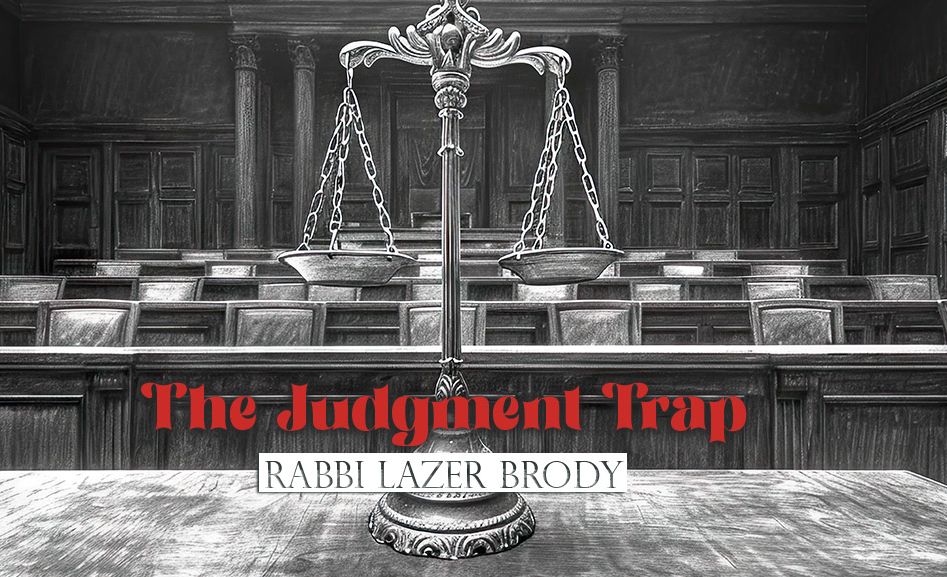

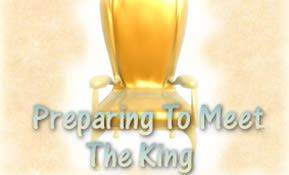
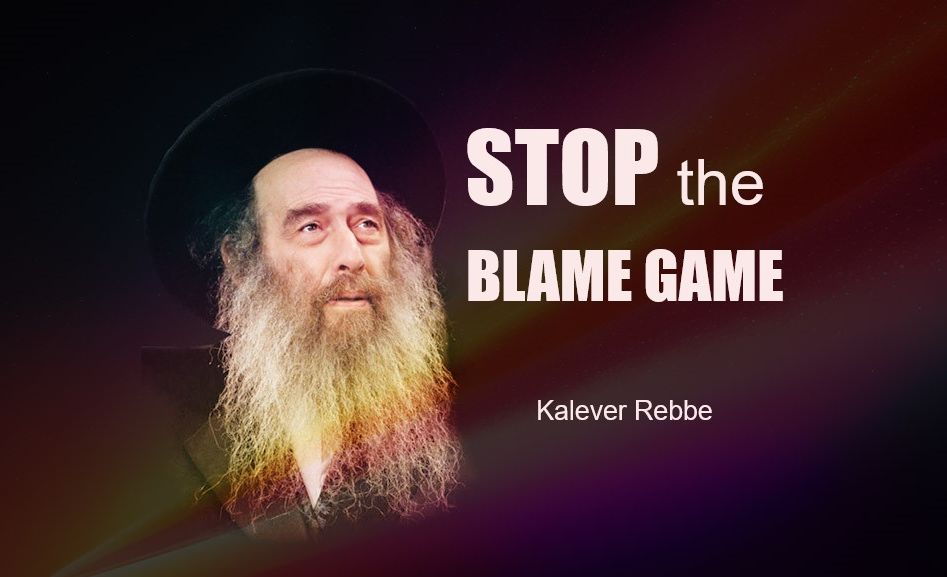
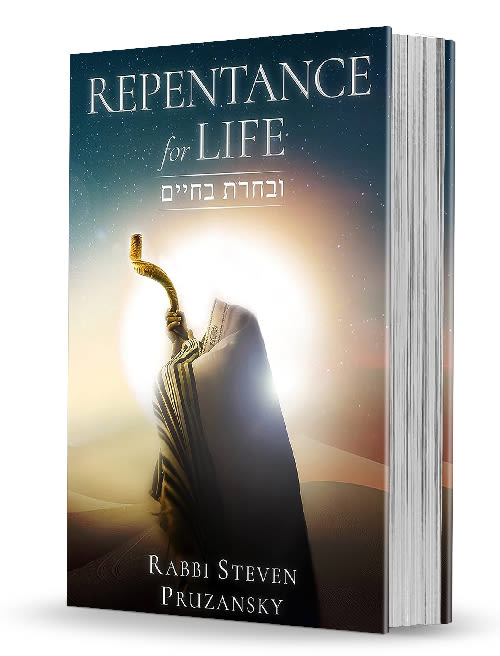
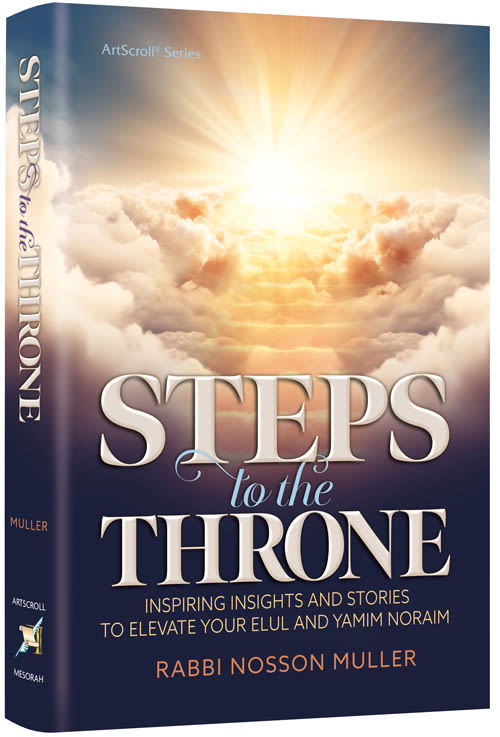

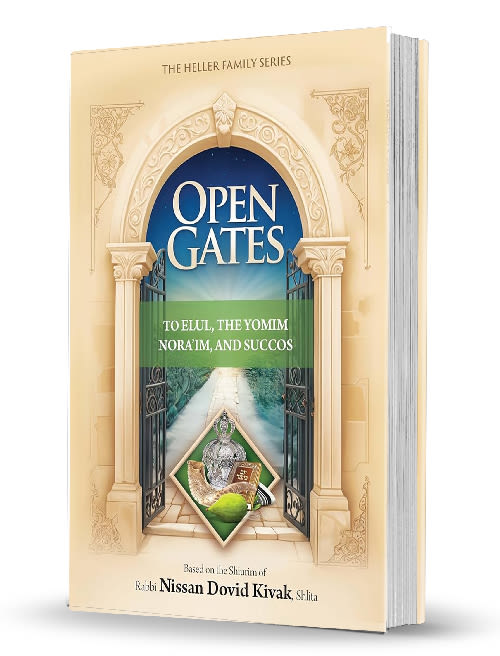
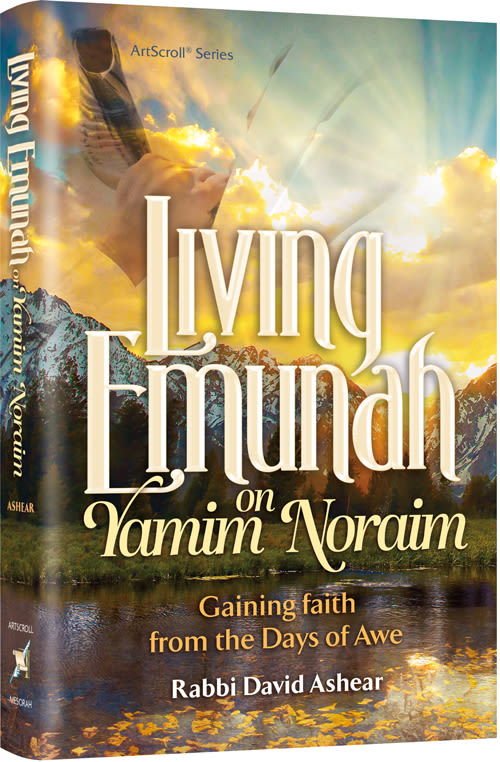
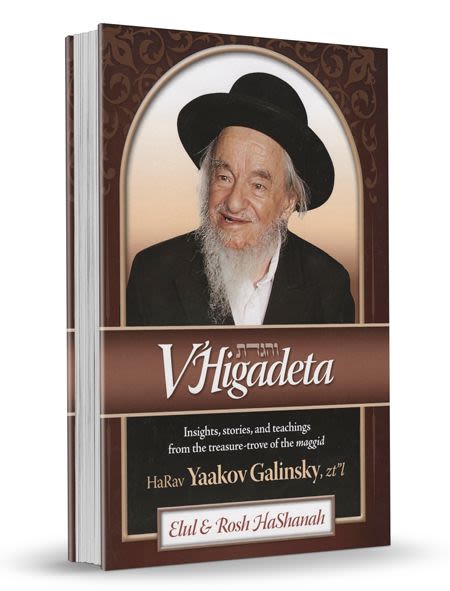
Tell us what you think!
Thank you for your comment!
It will be published after approval by the Editor.